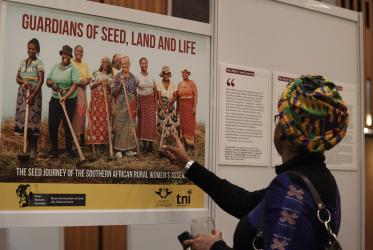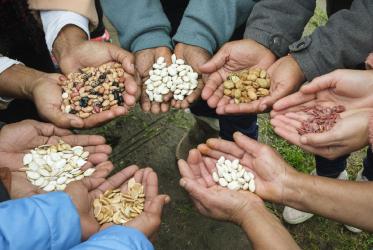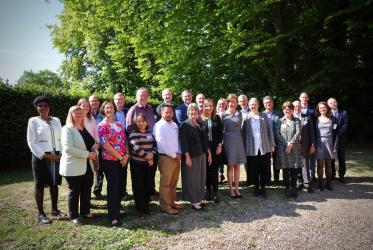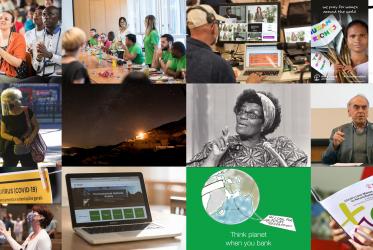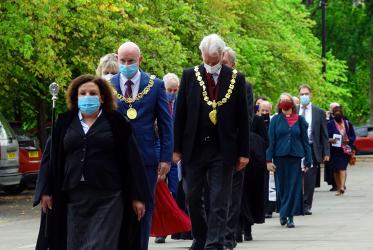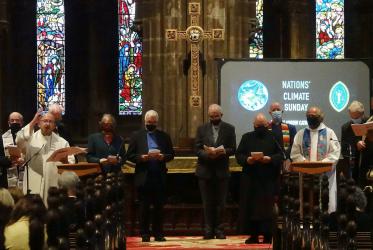Displaying 1 - 20 of 143
World Council of Churches plans pilgrimage to Marshall Islands
09 November 2023
World Council of Churches hosts "Guardians of seeds" exhibition
18 October 2023
Dr Abuom reflects on women of faith as healers of creation
05 October 2021
Climate Sunday: an opportunity for churches to act for creation
06 September 2021


